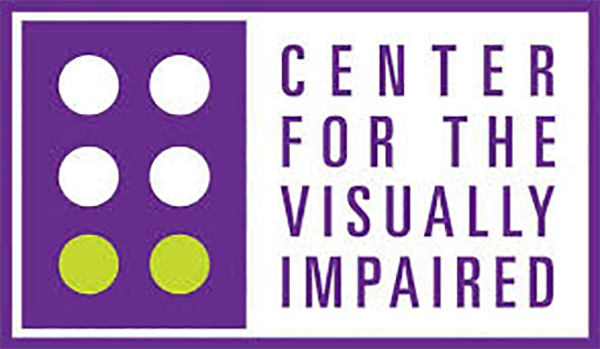In honor of Low Vision Awareness Month, we asked our clients:
“What do you want sighted people to know or understand about living with vision loss?”
CVI client Rashida B. explains that “Once [vision loss] happens to you, it’s life-changing, but it’s not detrimental. You can still do what you used to do. It’s not harder – it’s just a little different.” Rashida’s favorite pastime is cooking and with the training she received at CVI, she still enjoys making her specialties for family and friends.
For many clients, there is a period of mental adjust ment that comes with vision loss. Former client Destiny H. shared that, “[Vision loss] is way more than just a physical adjustment. You have to train your brain to slow your body down. You have to accept your new normal.” Destiny participated in Adjustment to Vision Loss counseling at CVI, where she regained her confidence and sense of purpose.
ment that comes with vision loss. Former client Destiny H. shared that, “[Vision loss] is way more than just a physical adjustment. You have to train your brain to slow your body down. You have to accept your new normal.” Destiny participated in Adjustment to Vision Loss counseling at CVI, where she regained her confidence and sense of purpose.
The counseling paved the way for Destiny to seek additional rehabilitation training. She spoke about the transformation she’s seen in herself and her abilities, saying, “[Training] gave me a renewed sense of stability. I’m going to start working as a medical biller, so [technology] training was crucial. Now, I can help my son with his homework, and I can still be a mom because of technology. That is everything to me.”
While vision loss is life-changing, our clients agree that it doesn’t change who they are. Both Rashida and Destiny serve as inspiring leaders to those who are new to vision loss. They demonstrate by example that living with vision loss can be fruitful and enjoyable with meaningful activities, relationships, and work. They’ll tell you that for people living with vision loss, anything is still possible.

